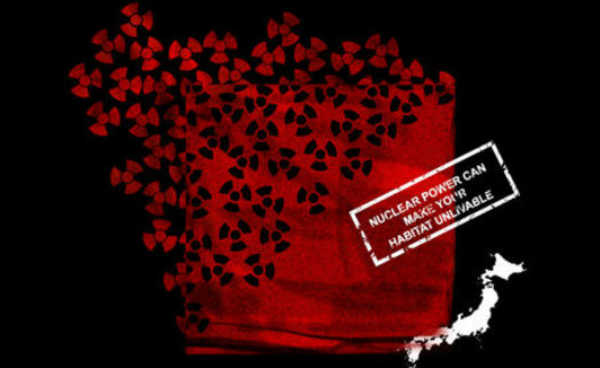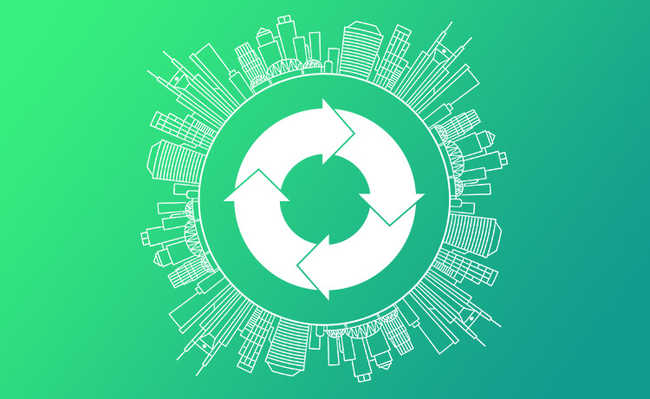Fukushima nuclear accident still has serious consequences
Even after three years, the region still suffers serious problems due to radioactive contamination

Fukushima is one of the provinces located in the Tohoku region of Japan. The state became known after the nuclear accident that released radioactive material, contaminating the entire region. The massive earthquake measuring 8.9 on the Richter scale, which occurred on March 11, 2011, generated a tsunami that caused many disturbances. Houses and buildings were destroyed - there were more than 16,000 dead.
One of the main problems caused by the disaster was the damage to the Daiichi nuclear plant, which released a huge amount of radioactive material in the region. As a result, there was a series of explosions in the Fukushima reactors, which aggravated the situation even further. And the effects of this disaster are apparently far more serious than is thought and, at least for some, the Japanese government claims.
Consequences
The explosions released an amount of cesium - a radioactive metal widely used in the nuclear power industries and highly explosive in contact with cold water - 168 times worse than the amount released by the bomb in Hiroshima. Exposure to radiation can lead to thyroid cancer, and many people living in the areas close to the accident were diagnosed with gland problems, indicating radiation poisoning.
One of the problems is the sale of food contaminated by radiation, given that Fukushima's main industry is agriculture. The government allows a maximum radiation limit of 100 bequerels per kilogram of product, but farmers say they have already harvested products with up to 3,000 bequerels. About 250,000 tons of contaminated land are stored around Fukushima.
According to physicist Michio Kaku, this is just the beginning of the big problem in Fukushima, as it is not yet known where to put nuclear waste - not to mention the problem of contaminated water.
During the tsunami, the plant's cooling system was damaged and all the water that was used in this system was contaminated with radioactive material. Approximately 400 tons of radioactive water are removed a day and stored in tanks, which now surround the plant's plant, as no one knows how to dispose of it. The danger lies in the fact that these tanks have been leaking - and tons of this contaminated water seeps straight into the land and into the Pacific Ocean, putting Fukushima in a state of emergency.
Japan's government agencies deny this information and refuse to talk about it, but what appeared to have been a minor nuclear accident has turned into one of humanity's greatest disasters.










